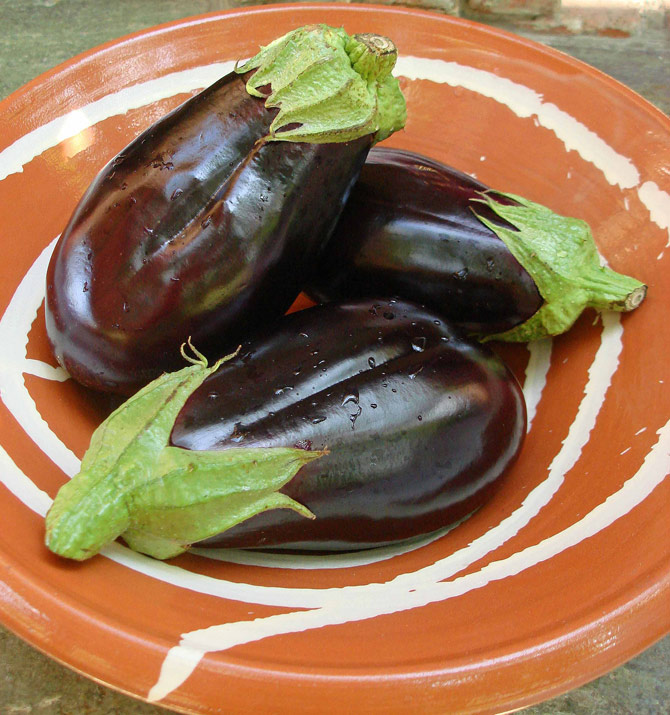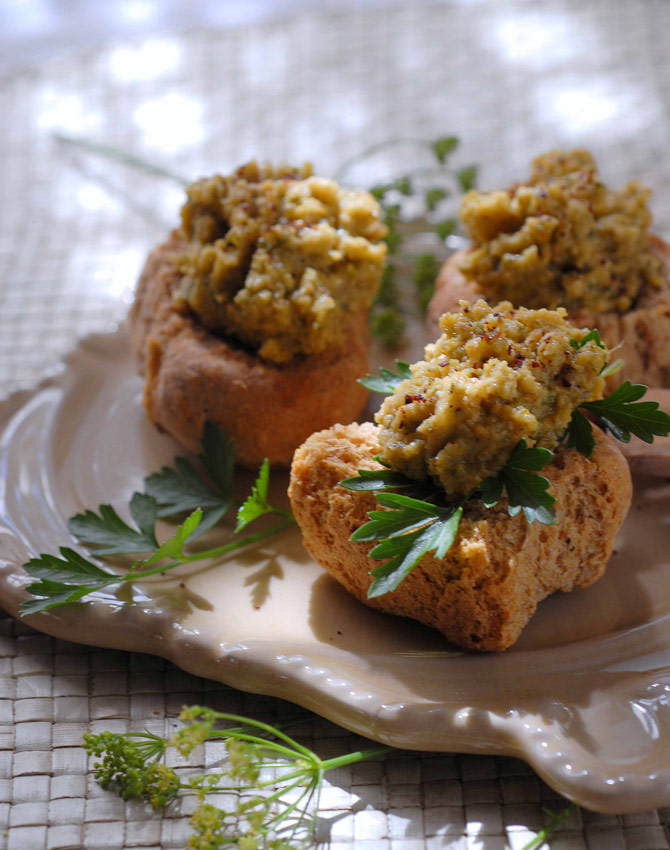Sesame halva is one thing, but quite a different and very popular Greek as well as Eastern Mediterranean sweet –also called ‘halva’– is made with flour, semolina, corn or other grains toasted in butter or olive oil and steeped in syrup.
Halvas simigdalenios (semolina halva) is the Greek version of this simple old sweet. In our halva the grains are toasted in olive oil instead of the butter used in Turkey and the Middle East. I have also come across an old frugal confection of olive oil halva made with chickpea flour instead of semolina. The simple, yet enticing sweet is often prepared during Lent as it is vegan with no eggs or dairy. Halvas simigdalenios used to be the free dessert offered at Greek taverns; but now it is replaced by the simpler yogurt topped with commercial preserves or jam that requires no cooking.






